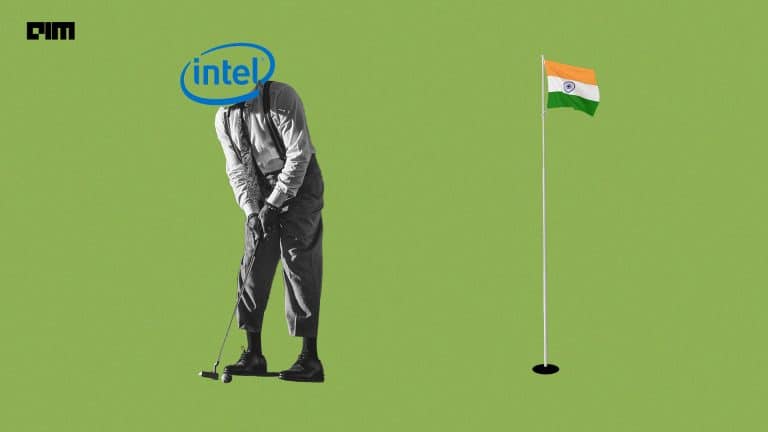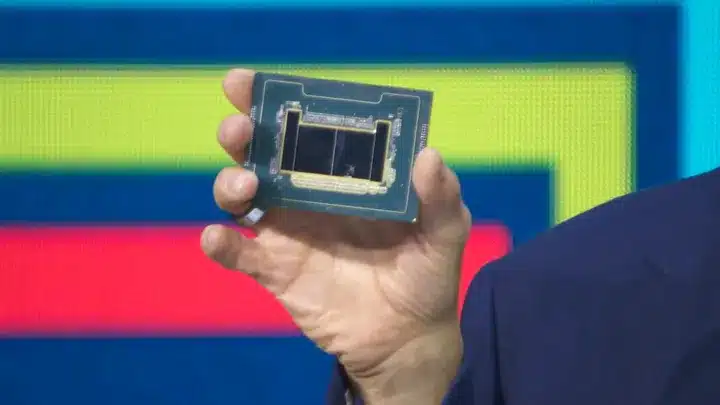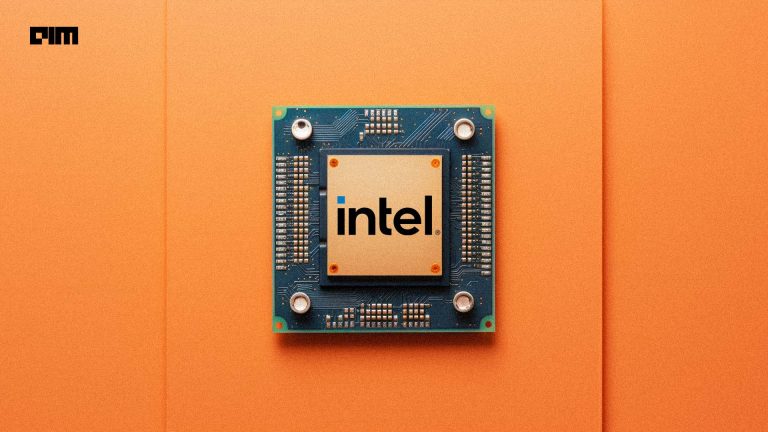In an attempt to leverage artificial intelligence for good, Brazilian robotics company Hoobox Robotics released a Wheelie 7 kit powered by Intel. The Wheelie 7, a motorized wheelchair allows people with greater mobility by helping them control it with simple facial expressions. The AI-powered wheelchair uses AI and a camera, without invasive body sensors, providing users with independence and control over their location.
As per the company statement, there are more than 60 people in US, testing the Wheelie 7 – most of whom are quadriplegics, people with amyotrophic lateral sclerosis or senior citizens. Anna Bethke, leader of AI for Social Good, Intel remarked, “Today on International Day of Persons with Disabilities, it’s important to recognize the ways technology can help people regain mobility and control of their lives. The Wheelie 7 kit from HOOBOX Robotics is a great example of using AI to enable people with limited mobility to move around using natural facial movements.”
Dr Paulo Pinheiro, co-founder and CEO of HOOBOX Robotics claims that the Wheelie 7 is the first product to use facial expressions to control a wheelchair. This requires incredible precision and accuracy, and it would not be possible without Intel technology,” said Dr. Paulo Pinheiro, co-founder and CEO of HOOBOX Robotics.
Interestingly, it just takes around seven minutes to install the Wheelie 7 kit and the three main functions people can perform with the AI-powered wheelchair are — moving forward, turning and stopping. The statement indicated that instead of invasive body sensors, the Wheelie 7 is outfitted with a 3D Intel® RealSense™ Depth Camera SR300 mounted on the wheelchair to stream data that AI algorithms process in real time to control the chair. Given the importance of immediate responsiveness, HOOBOX uses Intel processors and the Intel® Distribution of OpenVINO™ Toolkit to speed up the inferencing of facial recognition software.
According to data from National Spinal Cord Injury Statistical Center, there are approximately 288,000 people in US living with spinal cord injuries, and about 17,700 new cases crop up every year. A 2018 study found that physical mobility has the largest impact on the quality of life for people with spinal cord injuries. Intel and Hoobox have taken up a concrete step in helping people regain their mobility through the motorized wheelchair, outfitted with complex sensors placed on the body. This also require special education to operate, or through caregivers.



















































































